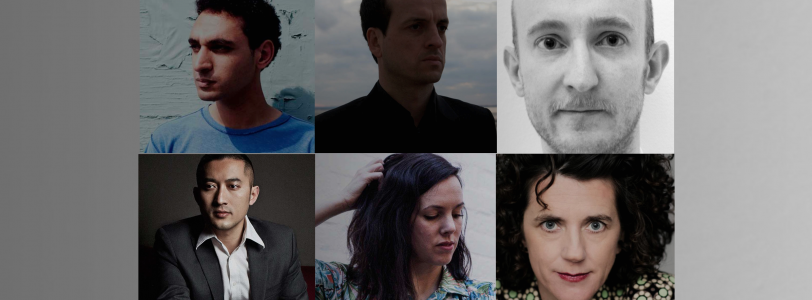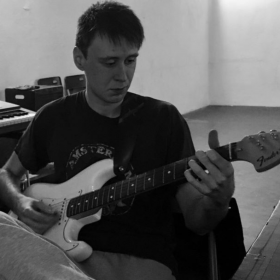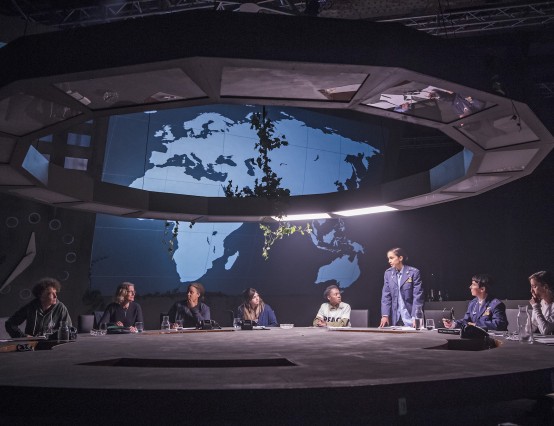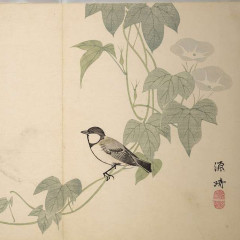That sentiment turned out to be completely accurate of how I felt after listening to these four artists in the Pavilion Theatre speak about their process in this project and the world in general.
The talk began with a summary of each of the composers' approaches to their respective site-specific sound installation. A wonderfully articulate Matthew Herbert explained his reasons for choosing the Great Northern Warehouse. In his own words, he wanted somewhere "really horrible." His focus was industry and the "forgotten aural heritage" of Manchester's factory buildings. The lead instrument in his piece could be said to be the steam engine, which has industrial connotations, not just in Manchester but the UK as a whole and is an evocative choice particularly in this kind of work.
Philip Venables has also focused on historical context in his piece for Canal Street. The piece, he has said, is meant to be a "tribute to Manchester's queer community," but also raises questions about gentrification and HIV. He has also used local performance artist, David Hoyle, to provide some spoken word to the piece.
Anna Meredith has installed various tones in four lifts between Marks and Spencers and Selfridges. These tones are meant to form a sort of chorale and are programmed through algorithms to play different tones or to bend or slide down to tones depending on whether the lift is going up or down. Her objective was to impose something artistic and unorthodox into an area that most would consider functional and banal.
Huang Ruo has installed a piece in Manchester Town Hall. The piece captures his practice of combining Eastern and Western music. The piece features, on one side of the soundscape, speakers projecting music from the sheng (one of the oldest Chinese instruments, a large mouth organ) and, on the other side of the hall, recorded cello music. Huang Ruo also included sounds of bees kept on the rooftops of Mancunian buildings. There are parts of the hall where you can hear all the parts of the music.
It was genuinely pleasing to hear how the four composers had engaged with the city in such different ways. Huang Ruo and Anna Meredith's works very much relied on chance and the individual person experiencing the installation, whereas Phillip Venables' and Matthew Herbert's were deeply entrenched in the city's history.
It was also enriching to hear the composers speak on sound as Matthew Herbert laid out several facts I would probably never come across. The most interesting of these is how the development of civilisation has inadvertently raised noise levels so that conversation has to be at least ten decibels louder than it was forty years ago.
I cannot finish without mentioning the level of diligence and professionalism displayed by the BBC's Elizabeth Alker. If the talk were not a one-off event I would recommend it to others. I can however strongly recommend the sound installations, which are on until 16 July.
- Music for a Busy City takes place daily from 8am to 8pm everyday of the festival. You don't need tickets, just show up at the right place at the right time.
- Image composite courtesy of the Music for a Busy City website.








What an amazing group of people!